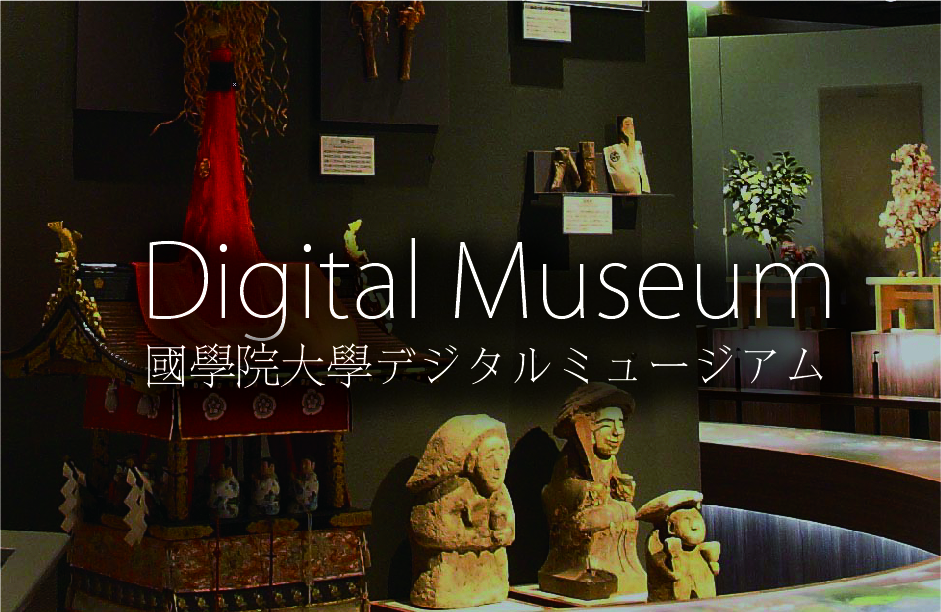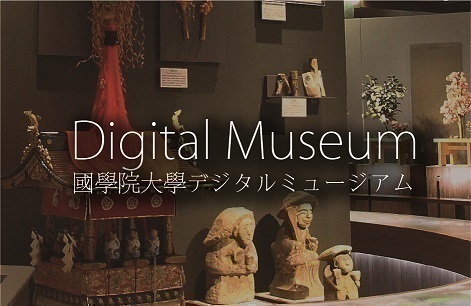Encyclopedia of Shinto
| Main Menu: | |
| Links: |
詳細表示 (Complete Article)
| カテゴリー1: | 4. Jinja (Shrines) |
|---|---|
| カテゴリー2: | Offerings and Talismans |
| Title | Miki |
| Text | Rice wine (sake) offered to the kami, a necessary part of the food offerings known as shinsen. Usually referred to as omiki, or alternately as shinshu, the term miki is a combination of two characters, the honorific mi and the character for "wine" (ki). As such, it originally derived from a term for wine offered to someone in an exalted position. In ancient documents, miki is also called miwa, and the deity Miwa no kami is thus famous as the kami who presides over sake. Likewise, the term kushi is found in the songs of the Kojiki as another name for miki, while in Okinawa, one still finds the term ugusu. This word is thought to derive from the ancient view of the "auspicious" (kizui) effect of sake, while another theory links the word to kusuri or "medicine." All these examples demonstrate that miki has been considered essential to kami worship from legendary times until the present. It is believed that by drinking miki together with the kami to whom it is offered, the celebrants can deepen their communion with the kami. by reaching a state of mind and body not normally experienced in everyday life. Thus, the meaning of miki is explained as referring to deepening exchange with the kami. There are numerous varieties of miki, including white rice wine and black rice wine (shiroki and kuroki), unrefined rice wine (nigorizake), refined rice wine (sumisake or seishu), and sweet rice wine (hitoyozake). Likewise, there are several methods of brewing. Examples the ancient period include a strong "wine of eight-fold brewing" (yashioori no sake), and another "overnight" type of wine called reishu, which ferments when chewed. The ritual offerings of certain localities feature kinds of miki that are so thick they can be picked up with chopsticks. See also shiroki, kuroki. — Saitō Michiko |





